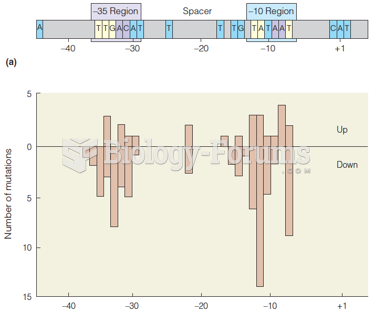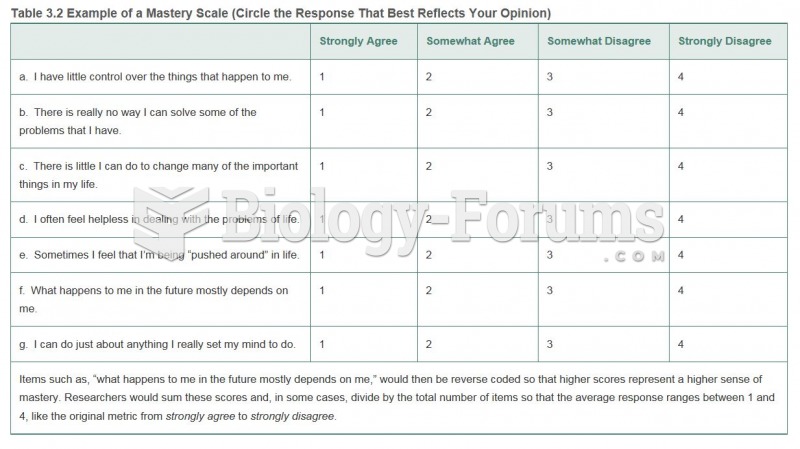|
|
|
Since 1988, the CDC has reported a 99% reduction in bacterial meningitis caused by Haemophilus influenzae, due to the introduction of the vaccine against it.
The term pharmacology is derived from the Greek words pharmakon("claim, medicine, poison, or remedy") and logos ("study").
Bisphosphonates were first developed in the nineteenth century. They were first investigated for use in disorders of bone metabolism in the 1960s. They are now used clinically for the treatment of osteoporosis, Paget's disease, bone metastasis, multiple myeloma, and other conditions that feature bone fragility.
In 1864, the first barbiturate (barbituric acid) was synthesized.
There are major differences in the metabolism of morphine and the illegal drug heroin. Morphine mostly produces its CNS effects through m-receptors, and at k- and d-receptors. Heroin has a slight affinity for opiate receptors. Most of its actions are due to metabolism to active metabolites (6-acetylmorphine, morphine, and morphine-6-glucuronide).
 Human, pilot whale and elephant brains up to scale. (1)-cerebrum (1a)-temporal lobe and (2)-cerebell
Human, pilot whale and elephant brains up to scale. (1)-cerebrum (1a)-temporal lobe and (2)-cerebell
 The geomagnetic polarity time scale shows how Earth’s magnetic pole has changed through geologic tim
The geomagnetic polarity time scale shows how Earth’s magnetic pole has changed through geologic tim





